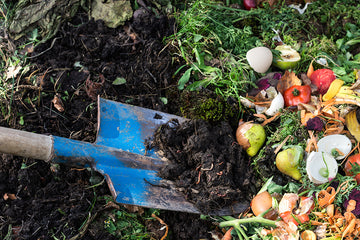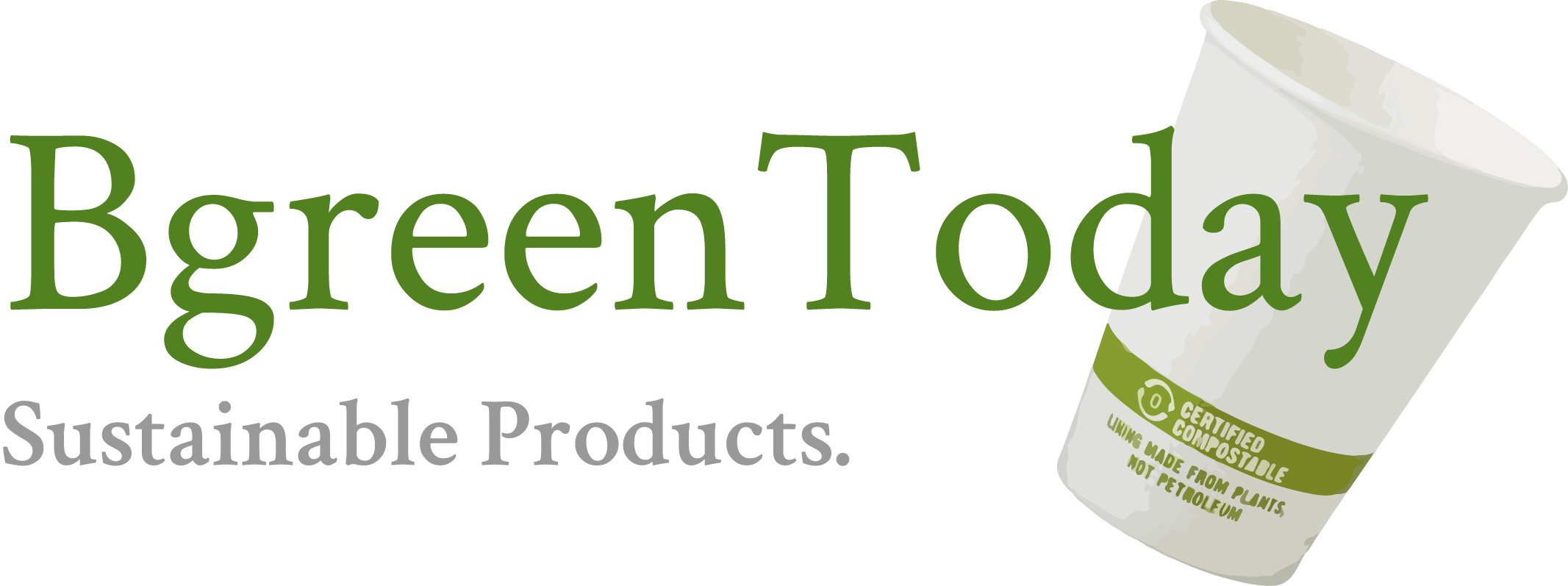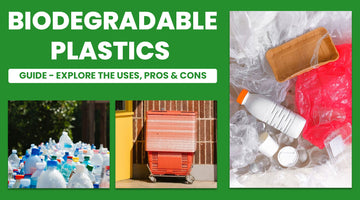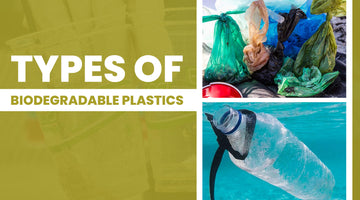
In order to bridge society from single use plastics to more sustainable alternatives like compostables, we must advocate for more widespread commercial composting in our communities. Here is a template letter to send to local decision-makers.
To: Compost Facility, Elected Decision Makers (City/Township/County Board),
or Department that oversees waste and/or environment I would like to provide feedback on what types of materials the [proposed/existing] compost facility [Compost Facility Name] accepts, specifically compostable packaging including bioplastics such as polylactic acid (also known as PLA).
As a [citizen/resident/business owner/employee/student] of [community name],
I care that the community contributes to keeping food waste out of the landfill. Compostable products are a crucial component to increase food diversion rates because food waste can be composted with the containers. They are more sustainable compared to petroleum products because they are made from renewable materials. Food residue compromises the value of recycling, resulting in it becoming trash. However, it is frustrating that compostable products and bioplastics are not accepted by the composter, [Compost Facility Name]. Bioplastic is required to make liquid safe cups and bowls. I understand that outdated regulations by the USDA National Organic Program prohibit bioplastic as a feedstock for organic compost; however, not all compost has to be certified organic. US Compost Council’s Standard Testing Assurance (STA) certification is another compost grade that allows bioplastics. Compostable products including paper, fiber, and bioplastics break down entirely in a commercial composting system. Third-party certifications such as the Biodegradable Products Institute (BPI) ensure that the product has passed the scientific standards for compostability (ASTM 6400 or 6868). Composters may have a faster cycle than the scientific test, but all compost goes through a final screening process and can be added to unfinished compost along with branches and paper that take longer to biodegrade. [Community Name] can become a regional leader in waste diversion by processing the entire food waste stream including compostable products and bioplastics.
Thank you, [Name]



